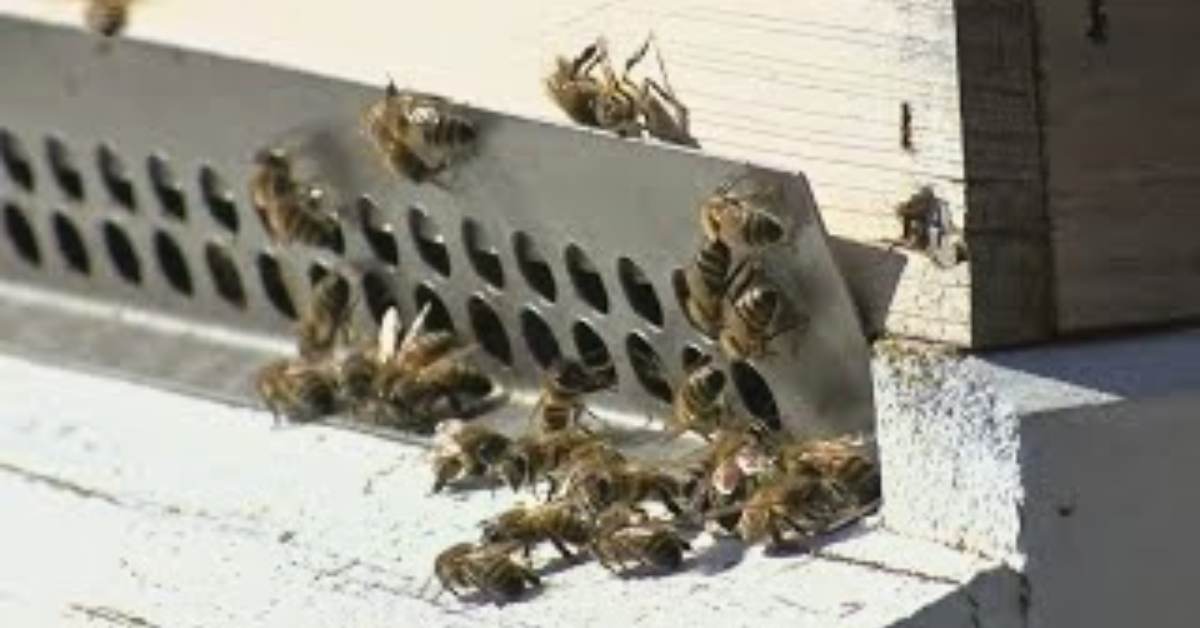A recently proposed piece of legislation has the potential to have a significant effect on local beekeepers and the industry as a whole in our region. A bill currently pending in the Texas House of Representatives would restrict the types of honey that may legitimately be termed Texas honey.
There is a very faint hum coming from Nicole Poore’s bees in between the crows of the rooster. Poore, the owner of Twin Lions Ranch as well as their beekeeper, stated that they had “recently created this hive with a fresh queen so that I can open it up and double-check just to make sure that she’s out of her tiny cage.”
Restrictions On Labeling Honey
In addition to her goats, chicks, and roosters, Poore maintains 11 beehives in the Hondo area from where she collects fresh honey produced by her own bees.
“I can’t make medical claims but a lot of my customers do tell me that they do like to have honey, especially at allergy season cause it helps feel better,” Poore said.
Although she gathers all of the honey that she sells at farmer’s markets from her own backyard, not all honey that is marketed as pure Texas honey comes from the state of Texas. Some of the latest news here about the Republican Women Will Host Speaker Robbi Hull.
Some commercial beekeepers move their hives to other states in order to take advantage of favorable pollination conditions there, or they import honey from other regions in order to make up for a shortage of their own.
If passed into law, House Bill 590 in Texas would make it a Class A misdemeanor to describe something as containing Texas honey if the honey did not come solely from the state of Texas.
“If you label it as raw Texas honey or pure Texas honey, it should be from Texas to the best of your knowledge,” she said. “If you label it as raw Texas honey or pure Texas honey, it should be from Texas.”
Anyone who intentionally mislabels honey could be subject to criminal prosecution under this measure, should it become law. Poore considers that to be going too far in that direction. You can check about the Public Corruption Indicted Former Starr County Attorney.
“If they are going to buy honey from Texas, then it ought to come from Texas. Nonetheless, I do not believe that a sentence of imprisonment or anything else of the sort would be appropriate. “In my opinion, a fine would be the most appropriate punishment,” she remarked.
At this very moment, House Bill 590 is being delivered to the Senate Committee on Water, Agriculture, and Rural Affairs so that it can be discussed further.




